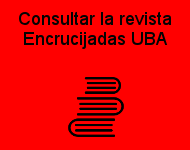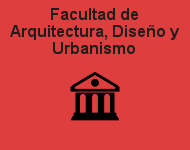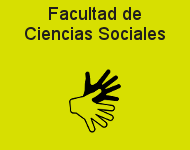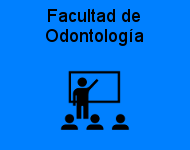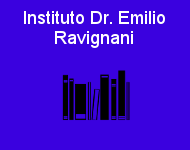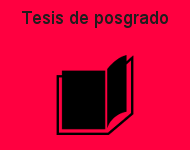Pervivencia de lo monacal: el teatro de lo sagrado secular en Jerzy Grotowski
Survival of the Monastic: the Theatre of the Secular Sacred in Jerzy Grotowskiinfo:eu-repo/semantics/publishedVersion
In this essay we address the consistency of the religious and the secular sacred in Jerzy Grotowski’s proposal; we do it from the approaches of the last Michel Foucault and his journey through monastic practices as they were discerned and implemented since the II century A.D. by Christian theologians. Undoubtedly, the question of desire and the unconscious –as Foucault studies them in his own way in Christian theology and also Lacan, even with Asian contributions in both cases– are present in Grotowski. We have been interested in reviewing the survivors of these practices, of the Christian subjectivities that emerge from them, and the way in which medievalism has incorporated them into institutions of control and vigilance. From there, we review the impact of all this on Grotowski's proposal and how it was dogmatized by the teatristas in the 60s and 70s. We have been interested in exploring the impact of this dimension of religion in Grotowski from a historical perspective of long duration of the Western theater –as for the Aristotelian and traditional professional theater– and its relations with Christian contributions. We also discussed to what extent one can speak of a Grotowskian aesthetic and how his technical proposal for the actor subverts the political foundations of the Stanislavsky System.
ISSN 1669-6301
http://creativecommons.org/licenses/by-nc-nd/2.5/ar/
 8243.oai
8243.oai Cita bibliográfica:
Geirola, Gustavo (2020-07-12). Pervivencia de lo monacal: el teatro de lo sagrado secular en Jerzy Grotowski. (info:eu-repo/semantics/article). En: telondefondo. Revista de Teoría y Crítica Teatral; Núm. 31 (2020). Instituto de Teoría e Historia del Arte Julio E. Payró de la Facultad de Filosofía y Letras. Universidad de Buenos Aires. [consultado: 21/5/2025] Disponible en el Repositorio Digital Institucional de la Universidad de Buenos Aires: <http://revistascientificas.filo.uba.ar/index.php/telondefondo/article/view/8243>


